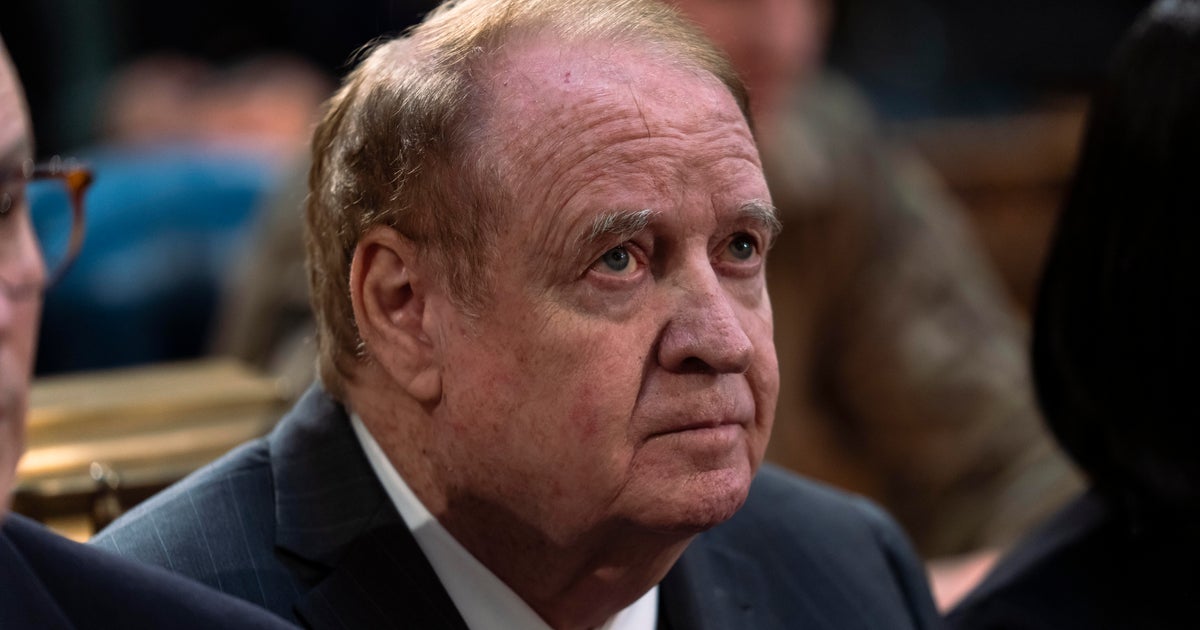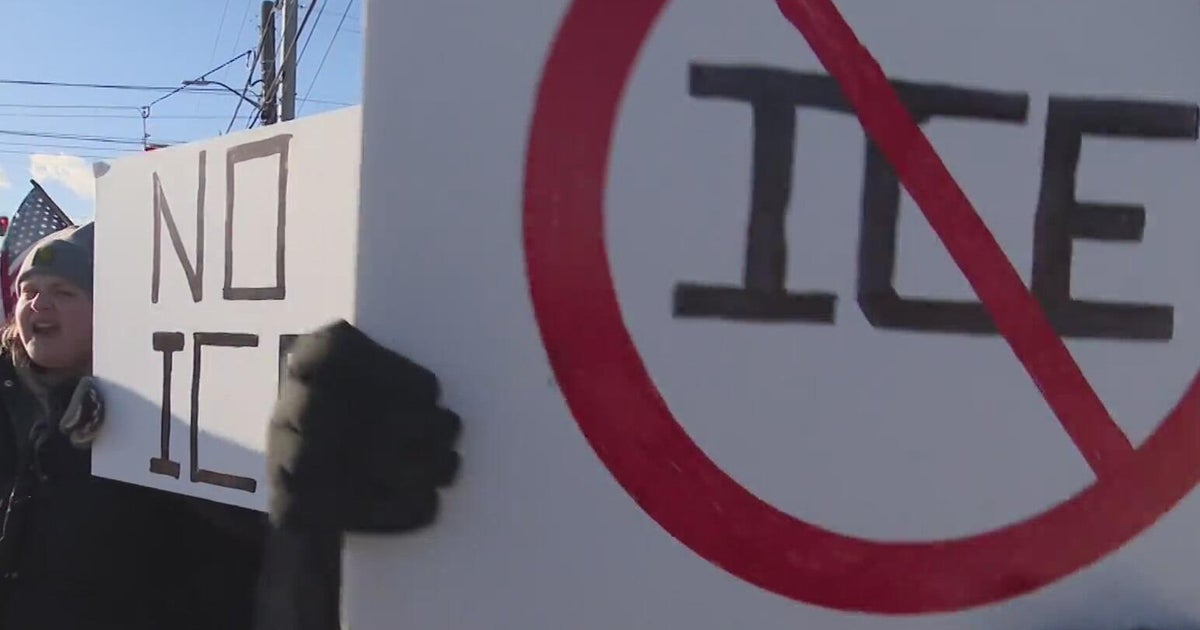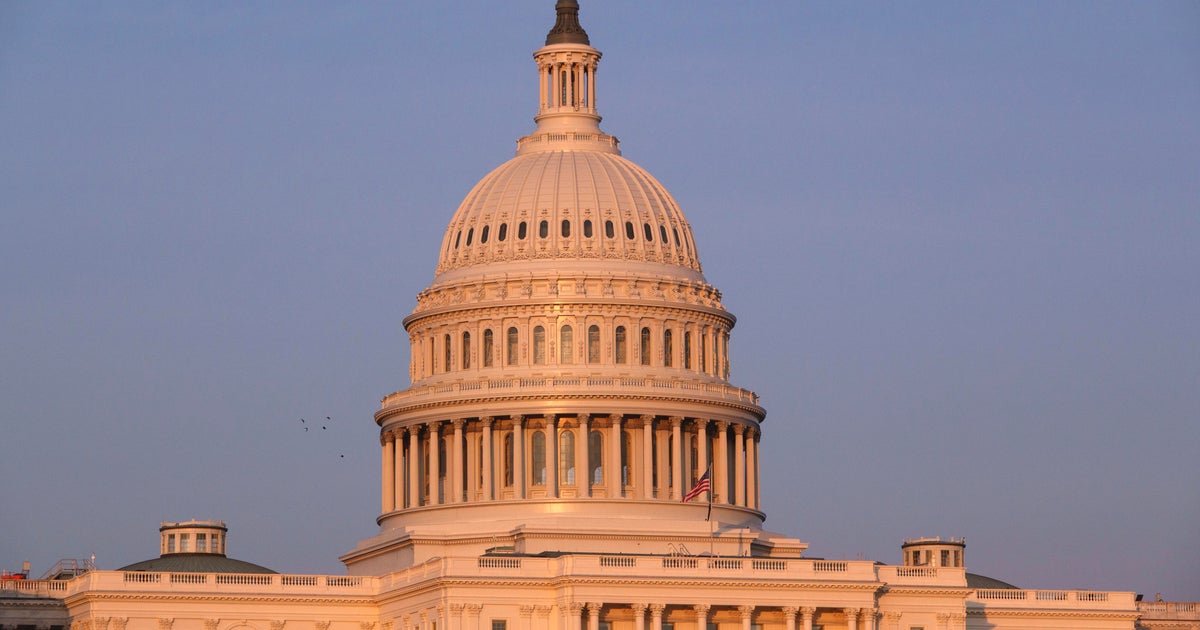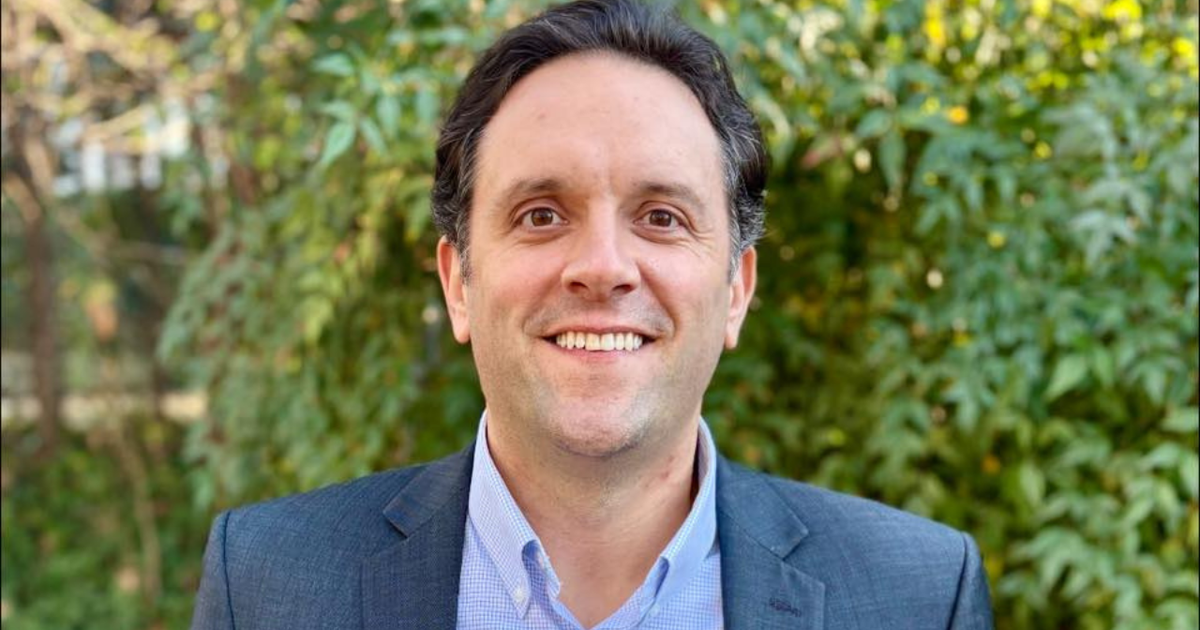California's Ailing Republicans: A Dying Breed?
LOS ANGELES (AP) — Republicans are relishing the coming of a new day on Capitol Hill. But across the country in California, the party of Nixon and Reagan is drifting toward obscurity.
The latest sign of imperiled health: In a year Republicans notched big victories in Congress, governor's offices and statehouses around the nation, California Democrats made a clean sweep of eight statewide contests on Nov. 2. Democrats padded their majority in the Legislature, where the party controls both chambers and no congressional seats changed parties.
California counted more registered Republicans in 1988 than it does today, even though the state population has since grown by about 10 million. Setting aside the politically ambidextrous Gov. Arnold Schwarzenegger, whose celebrity eclipsed his Republican registration, the California GOP counts only a single victory in 21 statewide contests since 2002 -- that of insurance commissioner in 2006.
You'd have to go back more than two decades to find a Republican, George H.W. Bush, who carried the state in a presidential election.
"They know who we are and they don't like us," former state Republican Party Chairman Duf Sundheim says bluntly. "The brand of the Republican Party in California is tarnished."
With the U.S. House majority in hand and an eye toward 2012, Republicans in Washington have staked out plans for tax cuts and undercutting President Barack Obama's health care reforms.
The situation in California presents a reverse image, where Republican influence has been marginalized. Voters this month cleared the Legislature to pass budgets with a majority vote -- down from a two-thirds threshold -- that will allow Democrats to pass a spending plan without Republican support.
The GOP losses this month left party leaders stunned. Recession-weary voters seemingly wanted new faces and ideas. The Democratic political careerists, Sen. Barbara Boxer and state Attorney General Jerry Brown, a former two-term governor, both were considered vulnerable, facing well-funded candidates.
In the end, Brown easily claimed the governor's chair from Republican billionaire Meg Whitman, a former eBay chief executive who spent more money -- at least $174 million -- than any candidate for a statewide office in U.S. history. All but roughly $30 million of that was from her personal fortune.
Boxer beat former Hewlett-Packard Co. chief executive Carly Fiorina, another Republican, by nearly 10 points. What was supposed to be a vaunted GOP get-out-the-vote effort fizzled.
For now, the conservative tilt in Washington and tea party activism will do Republicans little good in statewide races in California, where voters show a preference for candidates who support abortion rights and embrace environmental regulation.
But the GOP's biggest problem rests with the surging number of Latinos, who typically vote Democratic, a tendency hardened by the debate over illegal immigration.
It's been said the future happens first in California, and the state hit a little-noticed milestone this month that will have implications in voting booths for years to come. For the first time, Hispanics account for more than half the students in the state's public schools. They will be tomorrow's voters.
"I'm not sure Republicans have hit bottom yet in California," said former state lawmaker Jim Brulte, an influential GOP party fixture.
The plight of California Republicans has loosely tracked demographic and economic changes that have reshaped the nation's most populous state and its electorate.
In 1978, 83 percent of the state's registered voters were white. As of last year, that percentage dropped to 65 percent, according to the Field Poll. During that time, Latino registration jumped from 8 percent to 21 percent, while Asian registration increased from 3 percent to 8 percent.
The California dream, myth or not, has lured residents since the days of the Gold Rush. But in today's diversifying California "there is a strong sense with a significant percentage of the population that we don't understand that dream for them," Sundheim says.
Most of the state's governors in the 20th century were Republicans, and state voters helped elevate a string of GOP presidential candidates to the White House -- Richard Nixon, Ronald Reagan and the first Bush. But recent history isn't encouraging. The GOP's last serious effort to carry the state in a presidential campaign was in 2000, when George W. Bush spent more than $15 million in California and lost to Democrat Al Gore by 12 points.
Part of the problem is simple math. Both major parties have been losing registration as more voters choose to align with no party at all, but Republican registration has withered to about 31 percent, giving Democrats, at 44 percent, a 2.2 million-voter advantage. Independents -- about one in five voters -- also lean Democratic in the state.
For a Republican "the crossover vote that you need is almost unreachable," says Allan Hoffenblum, publisher of the California Target Book, an analysis of legislative and congressional races. Hoffenblum says the GOP maintains strongholds in inland regions, but Democrats dominate the populous coast.
It leaves candidates such as Whitman with little, if any, room for error. The disclosure in the run-up to Election Day that Whitman employed an illegal immigrant for years as a housekeeper, then fired her after learning of her citizenship status, made her a target of ridicule in Spanish-language media. Brown carried the Hispanic vote 2-1, according to an Associated Press survey of voters leaving polling places.
Former Republican Gov. Pete Wilson says the clout of Sacramento unions has changed the political calculus. Unions spent roughly $30 million supporting Brown's candidacy, helping him survive Whitman's record spending. After this year's losses, Wilson, said Republicans must develop a clear message and deliver it persuasively.
Some analysts say state Republicans have been scalded by focusing too much on social issues, including strong opposition to abortion and gay rights, leaving swing voters cringing.
Two upcoming changes will remake California elections, but it's not clear if either major party will benefit.
The state is using an independent citizen's commission to redraw the boundaries of legislative and congressional districts, after voters stripped that power from the Legislature. California also is moving to open primary contests for congressional, legislative and statewide offices. Voters will be able to choose candidates from any party, with the top two vote-getters heading to the general election.
Schwarzenegger told California Republicans two years ago that they were in for a future of disappointment unless they shifted to the political center, seizing issues usually associated with the Democrats, including climate change and health care reform.
"We are dying at the box office," he warned.
(© Copyright 2010 The Associated Press. All Rights Reserved. This material may not be published, broadcast, rewritten or redistributed.)







